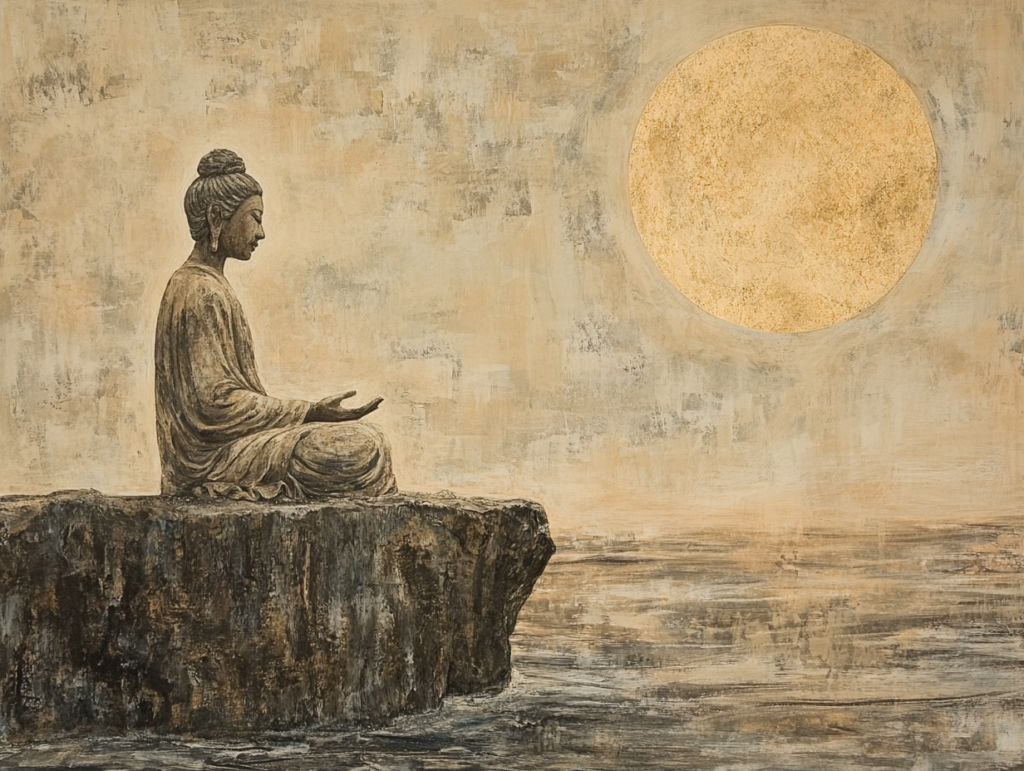Mindfulness, an ancient practice with roots in Buddhist traditions, has found a significant place in modern psychology and wellness paradigms. It’s a practice of maintaining a moment-by-moment awareness of our thoughts, feelings, bodily sensations, and surrounding environment with a gentle, nurturing lens.
What is mindfulness? By adopting a stance of curiosity rather than judgment, mindfulness encourages a deeper connection to the present moment, enhancing one’s experience of life. It’s an essential component to continued personal growth.
There’s a wealth of evidence illustrating the myriad benefits mindfulness can usher into individuals’ lives. Key among these are stress reduction, improved focus and cognition, enhanced emotional resilience, and a more robust sense of well-being. By honing an awareness of one’s thoughts and feelings, individuals are better positioned to manage them in a healthy and constructive manner.

The cultivation of mindfulness can be likened to the exercising of a muscle; the more it’s practiced, the stronger and more reliable it becomes. Here are some ways in which one can integrate mindfulness into daily life:
- Mindful Meditation:
- Set aside a specific time each day for mindfulness meditation. This practice typically involves sitting quietly, focusing on your breath, and observing your thoughts and feelings without judgment.
- Breathing Exercises:
- Breathing exercises can anchor you in the present moment. By directing your attention to your breath, you can disengage from autopilot mode and reconnect with the present.
- Mindful Eating:
- Eat slowly and savor every bite. Pay attention to the tastes, textures, and smells of your food. This practice not only enhances your enjoyment of eating but can also promote healthier eating habits.
- Body Scan:
- Conduct a body scan by progressively relaxing each part of your body, starting from your toes and moving up to your head. This can help anchor you in the present moment and relieve physical tension.
- Mindful Walking:
- When walking, tune into the sensation of your feet touching the ground, the rhythm of your breath, and the sights and sounds around you.
- Mindful Listening:
- When engaging in conversation, practice active listening. Be present, and refrain from formulating responses while the other person is still speaking.
- Routine Activities:
- Apply mindfulness to routine activities such as washing dishes, brushing teeth, or driving. By fully engaging in these activities, you turn them into mindfulness practices.
- Use of Technology:
- Mindfulness apps and guided meditations can be helpful resources for cultivating a daily practice.
- Mindfulness Reminders:
- Set periodic reminders on your phone or other devices to take mindfulness breaks. Even a few minutes of focused breathing or mindful observation can make a significant difference.
- Mindfulness Courses and Workshops:
- Engage in courses, workshops, or group mindfulness sessions to learn from experienced practitioners and build a supportive community.
The practice of mindfulness doesn’t necessitate a large investment of time. Even brief periods of mindfulness practice can yield notable benefits — 5 minutes a day is enough to start with in your meditation practice if that’s all you have. The key is consistency and a genuine engagement with the process.
The journey towards mindfulness is a personal and ongoing endeavor. It’s about building a relationship with the present moment and, by extension, with oneself. As one cultivates mindfulness, they often find that they’re not only better equipped to navigate the challenges of life, but are also more attuned to life’s joys and beauties. Mindfulness, in essence, is an invitation to live more fully, authentically, and compassionately.

Frequently Asked Questions About Mindfulness
How long should I practice mindfulness each day? Start with just 5-10 minutes daily and gradually increase as you feel comfortable. Consistency matters more than duration.
Can mindfulness replace traditional therapy? While mindfulness can complement therapy, it’s not a replacement for professional mental health treatment when needed. Consider it one tool in your overall well-being toolkit.
Is mindfulness religious or spiritual? While mindfulness has roots in Buddhist tradition and relates to concepts of sacredness, modern secular practices focus on evidence-based techniques accessible to people of all beliefs or none.
How long does it take to see benefits from mindfulness practice? Some people notice benefits like reduced stress within a few weeks of regular practice, while deeper changes may develop over months or years. Everyone’s experience differs, so avoid comparing your progress to others.
